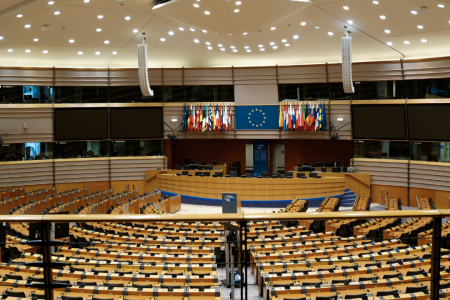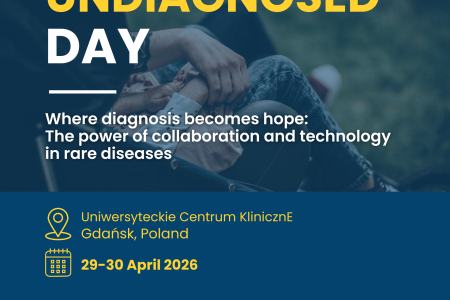Earlier this year, the International Patient Organisation for Primary Immunodeficiencies (IPOPI) hosted the forum “Shaping the Future of Research: Patients as Equal Partners”. Policymakers, researchers and advocates agreed that rare-disease programmes still lean too heavily on patient groups for feedback while denying them a real share of decision-making.
Dr Daria Julkowska, Coordinator of the European Rare Diseases Research Alliance (ERDERA), backed that call. During the event, she proposed working with umbrella groups and ultra-rare associations to refine eligibility criteria so that dissemination, data stewardship and lived experience count alongside laboratory science.
Why PPIE matters for families living with a rare disease
For people living with a rare disease, meaningful Patient and Public Involvement and Engagement (PPIE) is not an abstract principle. When patients help set research questions from the outset, projects can address everyday hurdles such as lengthy diagnostic journeys and burdensome treatment schedules.
That’s why ERDERA’s funding calls now require researchers to explain how their work will speed up diagnosis or create treatments that are practical for families—like medicines that can be taken at home instead of requiring hospital visits.
Looking ahead
For ERDERA, PPIE is not a moral add-on—it is the operating model. “If lived experience is not treated as expertise, half the evidence base is missing. We need eligibility rules that recognise data stewardship, community engagement and dissemination as research in their own right”, says Daria Julkowska.
By weaving patient insight into governance, data policy and funding rules, ERDERA aims to deliver research that shortens diagnostic journeys, accelerates therapy development and, above all, lets people with a rare disease live the lives they choose.





